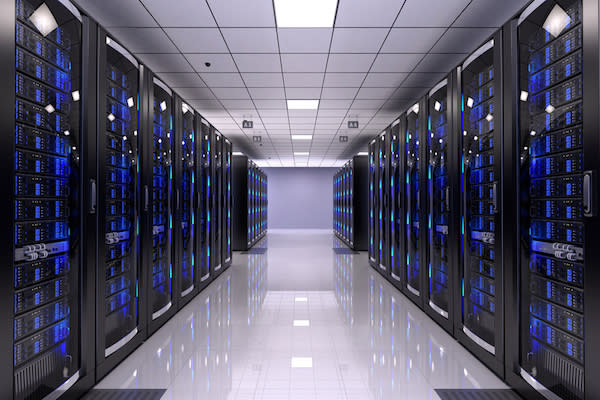Why commercial quantum computer maker D-Wave is getting global attention

In line with the rapid pace of development of artificial intelligence (AI), quantum computers are seen as the future of computing technology and have been adopted in a variety of fields.
One reason for the renewed interest in quantum computers is probably the possibility of raising the "deep machine learning" capability that is utilised in AI. The advent of commercial quantum computers has something to do with it. Both Goldman Sachs and Jeff Bezos, founder of Amazon, are sufficiently interested in considering investing in it.
And one company that has been making waves in the industry lately is D-Wave Systems, a quantum computer maker founded in Canada.
First, what is a quantum computer? And what are these quantum computers that D-Wave Systems supplies?
According to D-Wave Systems, the company's D-Wave series quantum computer is a big square black box. Of course, that is not all it is. Unlike the computers that we use every day, the inside of the casing acts like a big refrigerator. To produce the quantum state that is key to quantum computing in the processor, there is a system that cools to ultra-low temperatures. The processor cools to around 273 degrees centigrade and works at only 0.015 degrees centigrade above absolute zero degrees.
Let’s look in detail at the difference between conventional and quantum computers:

Source: Shutterstock
Conventional computers have electronic circuits with transistors made of materials like silicon, and work by combining, and switching between, two types of signal, either [0] or [1].
Quantum computers, like conventional computers, utilize signals to carry out computations. However, the electronic circuit material and computational method are different. Materials used include niobium (Nb, a metal superconductor used in heat-resistant alloys), while the computation is carried out by the creation of signals with state “superposition” where [1] and [0] exist simultaneously, i.e. [00], [01], [10] and [11]. Because one bit can express multiple states, it is possible to process complex optimization problems at high speed.
Currently, D-Wave Systems is developing quantum computers with even more quantum bits (qubits). Apparently, the company is beginning shipments of 2,000-qubit quantum computers.
D-Wave utilising Japanese researchers’ ideas; Google eyeing machine learning aspect

Source: Shutterstock
D-Wave Systems commercialized the quantum computer in 2011. The company’s quantum computers were developed based on the theory of quantum annealing. Foundational to this theory are the ideas of Professor Hidetoshi Nishimori and Mr. Tadashi Kadowaki of the Tokyo Institute of Technology. Spokespeople for D-Wave Systems have made it clear that it was the ideas of the Japanese researchers that the company utilized, the ideas crossing the Pacific Ocean to be commercialized in North America.
Following the commercial availability of that quantum computer, NASA and Google set up the Quantum Artificial Intelligence Lab in May 2013. Installing D-Wave Systems’ 1,153 qubit D-Wave 2X, they have repeatedly tested its capability. They have apparently confirmed that the quantum computer can solve complex optimization problems up to 100 million times faster than current computers.
US aerospace company Lockheed Martin was ahead of NASA and Google in purchasing a D-Wave quantum computer. It is apparently in use at the USC-Lockheed Martin Quantum Computation Center, run jointly with the University of Southern California.
Research into AI, seen as next-generation technology, is rapidly heading for the utilisation stage, thanks to quantum computers. Looking ahead, all eyes are on what effect will be produced by the twinning of AI and quantum computers.
(By ZUU)
Related Articles
- Ultra High Net Worth Individuals expect more digital tools from their wealth managers
- Artificial intelligence in wealth management
- The “Robot Society” will be here by 2036

 Yahoo Finance
Yahoo Finance 
